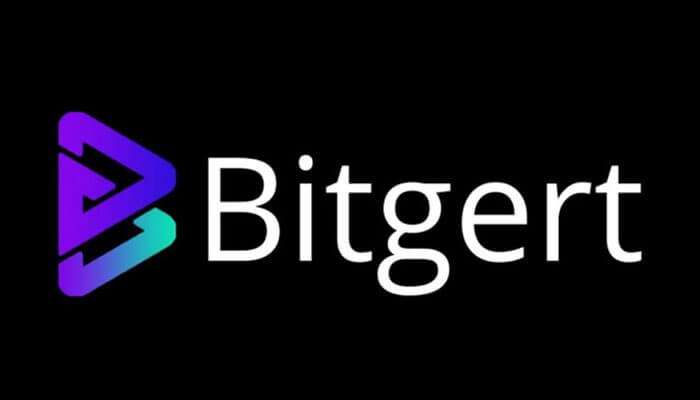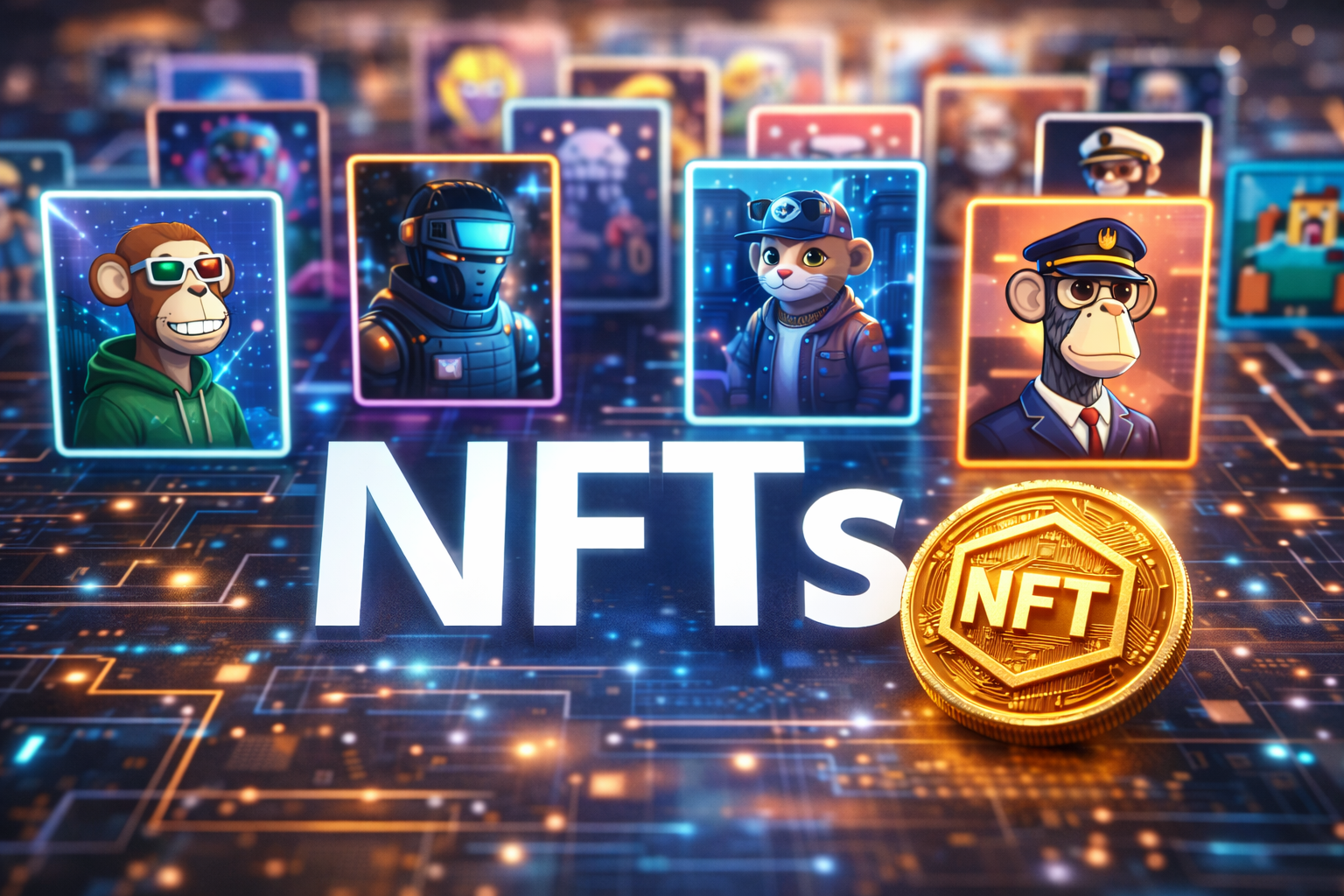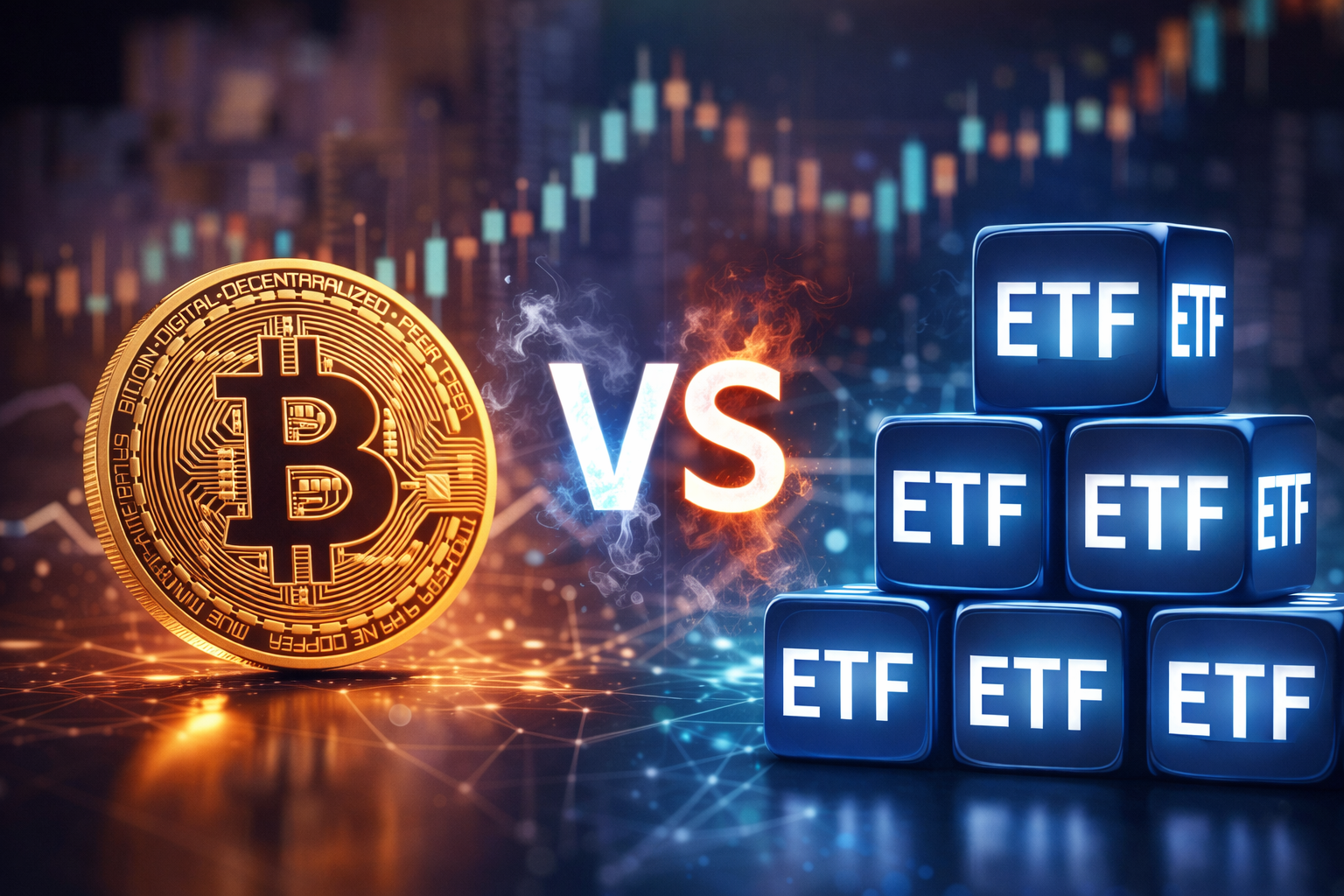
James Carter
what is Bitgert (BRISE)?

In today’s rapidly evolving digital landscape, blockchain technology has emerged as a transformative force, revolutionizing various industries and sectors. One such innovation that harnesses the power of blockchain is Bitgert (BRISE). Bitgert is a decentralized platform built on blockchain. Bitgert offering a range of features and benefits that enable secure, transparent, and efficient transactions. In this article, will explore Bitgert in detail, examining its key features, use cases, advantages, challenges, and future prospects.
Key Features of Bitgert (BRISE)
Blockchain Technology
Blockchain technology forms the foundation of Bitgert (BRISE). It is a distributed ledger system that records transactions across multiple nodes, ensuring transparency and security. The decentralized nature of blockchain eliminates the need for intermediaries, enabling peer-to-peer transactions. By leveraging blockchain, Bitgert (BRISE) establishes a trustless environment where participants can interact with confidence.
Decentralized Nature
Decentralization is a core characteristic of Bitgert (BRISE). Unlike traditional centralized systems, where a single entity controls the network, Bitgerts (BRISE) operates on a distributed network of nodes. This decentralization enhances the security and resilience of the platform, as there is no single point of failure. Additionally, decentralization fosters trust among participants, as the system is not under the control of any single authority.
Smart Contracts
Bitgert (BRISE) leverages smart contracts, which are self-executing agreements written in code. These contracts automatically execute predefined actions when specific conditions are met. Smart contracts eliminate the need for intermediaries, streamlining business processes and reducing costs. By automating contractual agreements, Bitgerts (BRISE) enhances efficiency and ensures the execution of transactions without manual intervention.
Token Economy
Bitgert (BRISE) incorporates a token economy that facilitates transactions and incentivizes participants. Tokens serve as digital assets within the ecosystem, enabling the exchange of value. Participants can use tokens to access platform features, services, or products. Moreover, tokens can be earned or rewarded for active participation, contributing to the growth and engagement of the Bitgerts community.

Use Cases and Applications
Supply Chain Management
Bitgert (BRISE) offers significant advantages in supply chain management. By leveraging blockchain technology, it provides enhanced transparency and traceability throughout the supply chain. Each step of the process, from sourcing to delivery, can be recorded on the blockchain, ensuring authenticity and accountability. This enables stakeholders to track and verify the origin, quality, and movement of goods.
Real-world applications of Bitgerts in supply chain management include tracking the provenance of agricultural products. By digitizing and securing supply chain information, Bitgert (BRISE) transforms the way businesses and consumers perceive and interact with global supply chains.
Financial Services
Bitgert (BRISE) holds immense potential in the financial services sector. By leveraging blockchain technology, it can facilitate secure and efficient banking, payments, and remittances. Traditional financial systems often involve complex processes and intermediaries, leading to delays, high costs, and security vulnerabilities. Bitgerts (BRISE) eliminates these inefficiencies by providing a decentralized and transparent platform for financial transactions.
One of the key benefits of Bitgert (BRISE) in financial services is the ability to enable cross-border transactions with reduced costs and faster settlement times. The decentralized nature of Bitgerts (BRISE) eliminates the need for intermediaries, such as correspondent banks, resulting in shorter transaction chains and lower fees. Moreover, the transparency provided by blockchain technology ensures that transactions can be audited and verified, reducing the risk of fraud and enhancing the overall security of financial transactions.
Additionally, Bitgerts (BRISE) can enable financial inclusion by providing access to financial services for the unbanked and underbanked populations. Through its decentralized infrastructure, individuals without access to traditional banking services can participate in the Bitgert (BRISE) ecosystem, opening up opportunities for savings, loans, and investment.
Intellectual Property Rights
Protecting intellectual property rights is a critical concern in today’s digital age. Bitgert (BRISE) offers a secure and efficient solution for managing intellectual property (IP) rights. By leveraging blockchain technology, Bitgerts (BRISE) provides an immutable and transparent ledger that records ownership, transfers, and usage rights of intellectual property assets.
Blockchain’s decentralized nature ensures that the information stored on the Bitgert (BRISE) platform cannot be tampered with, providing a robust mechanism for verifying and enforcing IP rights. Artists, musicians, authors, and inventors can benefit from Bitgert (BRISE) by securely registering their creations, tracking their usage, and receiving fair compensation for their work. This eliminates the need for intermediaries and also reduces the complexities and costs associated with traditional IP management systems.
Advantages and Benefits
Transparency and Auditability
Transparency and auditability are essential in various sectors, including supply chain management, finance, and also intellectual property. Bitgert (BRISE) addresses these requirements by leveraging blockchain technology. The decentralized and immutable nature of the blockchain ensures that all transactions and activities recorded on the Bitgert (BRISE) platform are transparent and can be audited by authorized participants. Additionally this transparency fosters trust among stakeholders, as they can verify the authenticity and integrity of the information exchanged within the network.
Security and Data Integrity
Security and also data integrity are paramount concerns in the digital realm. Bitgert (BRISE) enhances security by leveraging blockchain’s cryptographic algorithms and also decentralized architecture. The use of cryptography ensures that data transmitted and stored on the Bitgert (BRISE) platform is encrypted and also secure from unauthorized access. Additionally, the decentralized nature of the platform reduces the risk of a single point of failure and enhances resilience against cyberattacks.
The immutability of blockchain technology ensures that once information is recorded on the Bitgert (BRISE) platform, it cannot be altered or tampered with. This provides a high level of data integrity, which is particularly valuable in sectors where trust and accuracy are critical, such as supply chain management and intellectual property rights.
Efficiency and Cost Reduction
Bitgert (BRISE) offers significant efficiency gains and cost reductions compared to traditional systems. By eliminating intermediaries and automating processes through smart contracts, Bitgert (BRISE) streamlines operations and reduces the need for manual intervention. This results in faster transaction processing, reduced paperwork, and also lower administrative costs.
Furthermore, the decentralized nature of Bitgert (BRISE) eliminates the need for multiple reconciliations and data silos that are prevalent in centralized systems. This reduces data discrepancies, enhances data consistency, and simplifies overall operations, leading to increased operational efficiency and cost savings.
Challenges and Considerations
Scalability
Scalability is a common challenge faced by blockchain-based platforms, including Bitgert (BRISE). Additionally as the number of participants and transactions increases, the blockchain network can experience limitations in processing capacity and transaction throughput. To address scalability challenges, Bitgert (BRISE) needs to implement innovative solutions such as off-chain transactions, sharding, or layer 2 protocols. These solutions can help increase the scalability of the platform by enabling faster and more efficient transaction processing without compromising security or decentralization.
Regulatory and Legal Implications
The adoption of Bitgert (BRISE) and blockchain technology in general is accompanied by regulatory and legal considerations. As the technology evolves, regulatory frameworks are being developed to address concerns related to data privacy, security, money laundering, and consumer protection. Compliance with these regulations is crucial for the widespread adoption of Bitgert (BRISE) and also to ensure that it operates within the legal boundaries of different jurisdictions.
Additionally, legal frameworks for intellectual property rights need to be updated to accommodate the use of blockchain technology in managing and enforcing these rights. Collaborative efforts between technology innovators, legal experts, and policymakers are essential to create a supportive environment for the integration of Bitgert (BRISE) into existing legal frameworks.
WATCH THE VIDEO BELOW
Future Prospects
Potential Growth and Adoption
Bitgert (BRISE) holds immense potential for growth and also the adoption across various industries. As businesses and organizations recognize the benefits of blockchain technology, they are increasingly exploring solutions like Bitgert (BRISE) to enhance their operations. The transparency, security, and efficiency provided by Bitgert (BRISE) make it an attractive option for sectors such as supply chain management, finance, healthcare, and intellectual property management.
Furthermore, the growing interest in decentralized finance (DeFi) and non-fungible tokens (NFTs) presents additional opportunities for Bitgert (BRISE) to expand its user base. The integration of DeFi capabilities within the Bitgert (BRISE) ecosystem can enable participants to access decentralized lending, staking, and other financial services.
Technological Advancements
The future of Bitgert (BRISE) is closely linked to the advancement of blockchain technology and related innovations. Emerging technologies such as scalability solutions, interoperability protocols, and privacy-enhancing mechanisms hold the potential to enhance the capabilities and features of Bitgert (BRISE).
Scalability solutions like sharding and layer 2 protocols can address the scalability challenges faced by blockchain platforms, enabling Bitgert (BRISE) to process a higher volume of transactions. Interoperability protocols can facilitate seamless integration with other blockchain networks and traditional systems, unlocking new possibilities for cross-platform collaboration and data exchange. Additionally, advancements in privacy-enhancing technologies can ensure that sensitive information shared on the Bitgert (BRISE) platform remains confidential while complying with applicable regulations.
Summary
Bitgert (BRISE) represents a transformative force in the digital landscape, harnessing the power of blockchain technology to revolutionize various industries. With its key features of blockchain technology, decentralization, smart contracts, and token economy, Bitgert (BRISE) offers advantages such as transparency, security, efficiency, and cost reduction. It has diverse applications in supply chain management, financial services, and intellectual property rights.
While Bitgert (BRISE) faces challenges such as scalability and regulatory considerations, its future prospects are promising. With the continued advancement of blockchain technology and supportive regulatory frameworks, Bitgert (BRISE) has the potential to drive widespread adoption and transform the way industries operate.
Latest
Altcoins
06 Feb 2026
Altcoins
05 Feb 2026
Altcoins
03 Feb 2026
Altcoins
20 Jun 2024
Altcoins
09 May 2024
Altcoins
19 Apr 2024













